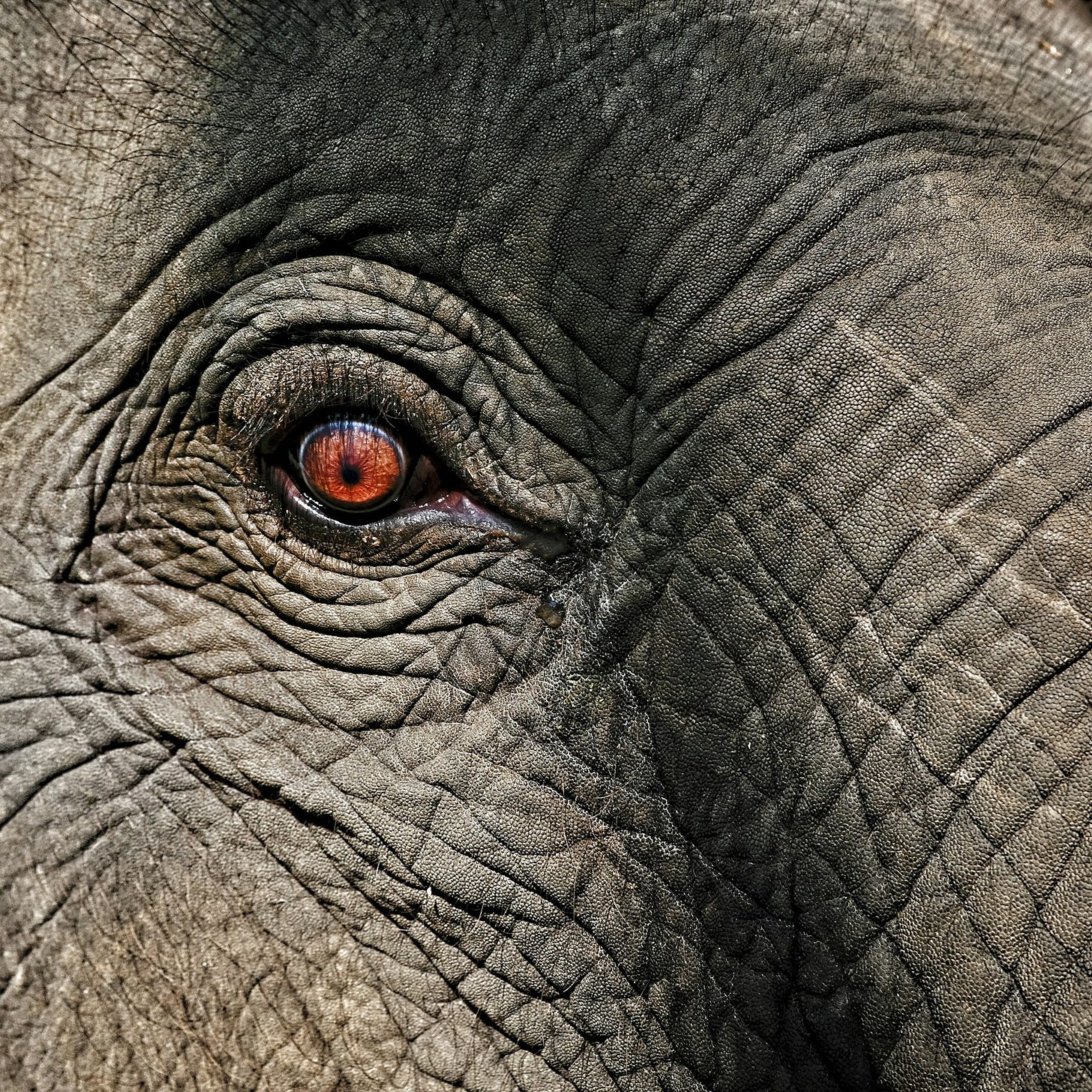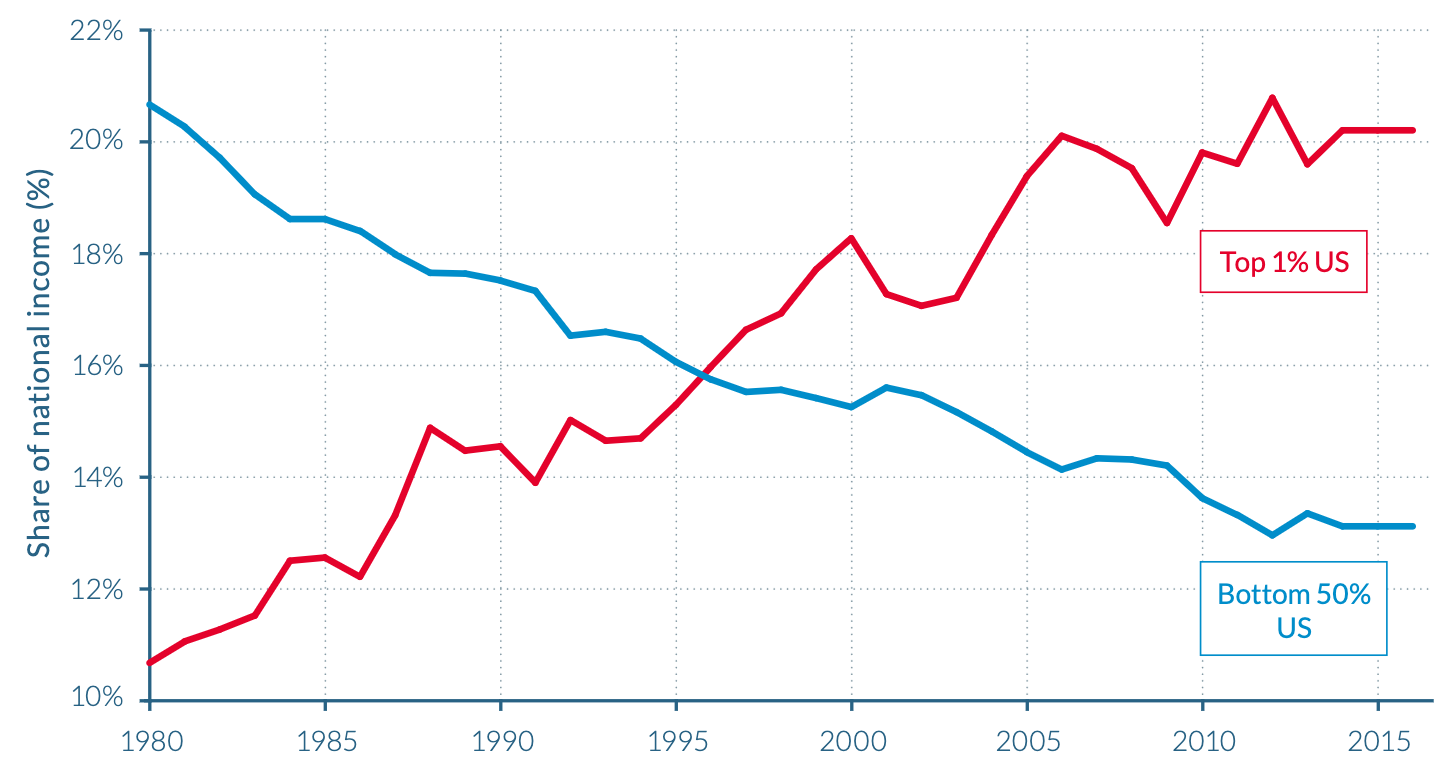
Without setting out to, I’ve ended up devoting this Earth Month to climate-related posts. I thought I’d wrap up this “series” by digging into an aspect of climate change much thornier than the cars we drive or how we heat our homes. I’ve alluded to it numerous times before in Flower Child. I’m talking about capitalism.
Of course, capitalism is intimately tied to what cars we drive and how we heat our homes. And it’s tied to everything else we do.
Let me start by saying I am not a fan. At least, I’m not a fan of our current implementation of capitalism. I suspect I’m not a fan of any capitalism, but this Flower Child jury of one is still out on that.
Let me also start by saying that I don’t know exactly what would work better than capitalism. Smarter, better-qualified people than me haven’t totally figured it out. Many people try to justify our system by paraphrasing Winston Churchill’s pronouncement about democracy: “Capitalism is the worst economic system except for all those others that have been tried.” But that doesn’t mean it’s a good system and we shouldn’t try to do better.
If we’re not sure how to replace capitalism, we don’t have to fumble in the dark for ways to improve it; there are real-life models that work better than the capitalism we practice in the U.S. At the very least, I firmly believe we have to place some checks on our current system. That would mean preventing monopolies (something we give lip service to but rarely do), taxing capital gains much more, and limiting extreme wealth in other ways. At the very least, we could take up the kind of capitalism that’s popular in Scandinavian countries.
The problem with capitalism
There are so many reasons to change our capitalist system. The biggest pyramid scheme ever, it’s a system that rewards greed and makes a few people wealthy at the expense of many.
Have you played Monopoly lately? I swore off it after a Monopoly party I attended one afternoon many years ago. As multiple games progressed through the day, I noticed that people got meaner and meaner — people who were normally perfectly nice. It dawned on me that the game room had become a microcosm of the capitalist system, which encourages selfishness and greed, and I later learned that the game had in fact been created to “warn players of the dangers of free market capitalism.”
But while we can leave a game, we can’t leave our capitalist system — and the consequences of that system are much more serious than a board game gone awry. One of those is that our current incarnation of capitalism has vastly increased income gaps in the U.S., a trend that’s been growing since the 1980s.

Thanks, Reagan. And the situation is only getting worse.
Capitalism is making life harder for most of us in ways I don’t have space to get into here. Most pressing of all, capitalism is a significant contributor to climate change. To really address climate change, we have to change the system.
It’s a system that relies on unchecked growth and rampant consumerism. That’s simply not compatible with thriving on our planet. It’s led to not only increased emissions but also an extinction and biodiversity loss crisis.
Adrienne Buller summed it up well in The New Statesman: “That capitalism has unleashed ever-rising emissions and environmental exploitation is not a controversial point: the atmospheric concentration of CO2 has risen by 50 per cent since the Industrial Revolution, accelerating with exponential fervour in the postwar ‘golden age’ of capitalism. This period of ‘great acceleration’ from approximately 1950 has seen a quintupling of primary energy use and the razing of half of global forest cover. Some 70 per cent of all wildlife has been lost since 1970. An astonishing half of all fossil fuel consumption has occurred since 1990.”
Is this situation 100% due to capitalism? No, but capitalism promotes and encourages it. The climate crisis is the natural — or unnatural — end state of unfettered capitalism.
And capitalism makes it hard to solve, notes Chris Saltmarsh in Jacobin: “It is surely true that any human civilization to have discovered fossil fuels would have harnessed them and inadvertently set the wheels of climate change in motion. The unique malice of capitalism, though, is in its inability to reverse the trend. We have now known about the causes and effects of climate change for several decades, yet capitalism’s priority of maximizing short-term profits has crowded out the need to transition our energy system.”
It doesn’t help that it’s not profitable to transition to renewable energy, because renewable energy has gotten so cheap. In a system that prioritizes profit above all else, there’s little incentive to accelerate the energy transition. As Advait Arun pointed out recently in Heatmap News, capitalism won’t save the climate because “decarbonization won’t happen if it’s not profitable enough ― and it’s not profitable enough.”
The truth is, we have to transition much more than just our energy system. We also have to transition our economic system.
What can we do within capitalism?
Still, capitalism isn’t likely to go away anytime soon. While we’re stuck with it, we can find ways to influence and improve it.
I’ve written before about the tension between individual actions and systemic change. We need both, and individual actions alone won’t solve the climate crisis. I’ve said it before, and I’ll say it again: the fossil fuel companies who coined the term “carbon footprint” wanted to shift responsibility from themselves to consumers. Yet a 2013 study concluded that just 90 companies were responsible for nearly two-thirds of the greenhouse gasses emitted globally between 1751 and 2010.
In the face of this, is there anything we do as individuals? Yes. We can vote, both in elections and with our dollars. This is not just about what we purchase, though it would be great for all of us to consume less and reuse more, as my friends and I do at my annual clothes swaps. It’s also about how we use our money and how the big banks use it.
Start with your bank account balance, which is highly leveraged. The money you keep in a traditional big bank is lent out over ten times. So even if your balance is small, you could be supporting fossil fuels with it more than you think. It’s not hard to move your money to institutions that don’t do this.
Again, this also needs to be done at a systemic level.
recently pointed out in that it’s actually in the financial interest of big banks, and of capitalism, to shift away from fossil fuels. “By 2050,” he wrote, “climate change will be causing economic damage worth $38 trillion every single year.” That’s out of an entire world economy of about $100 trillion a year, and researchers have determined that this damage will lead to a 19% global income reduction by 2050.This should give pause to diehard capitalists, who require that people have enough money to buy all the stuff they want to sell. Instead, McKibben notes, “capitalism — which regularly acts homicidally — is acting truly suicidally. Having been warned for years now, it resists every effort to rein in its excesses. As Exxon’s CEO helpfully explained earlier this year, it’s not that you couldn’t make good money from renewable energy — you just couldn’t make ‘above average returns’ because sunshine is free. So instead we’ll tank the world.”
Here’s where it gets even more interesting. McKibben cites the Carbon Bankroll 2.0 Report, released last month, which says that many companies’ cash and investments are their largest source of emissions — and that “if the largest banks and asset managers in the U.S. were a country, they would be the third-largest emitting country in the world, behind China and the U.S.”
This was news to me. And it means that in addition to buying renewable energy and greening their supply chains, companies like Amazon, Google, and Microsoft could do a lot by pressuring their banks to stop supporting fossil fuels.
It’s time to start pressuring large companies to apply this pressure. To do something that’s in their best interest, because it would ensure that their customers will have the means to buy their products. That’s not my main concern, but it should get a capitalist’s attention.




Rosanna, the rise of inequality since Reagan was not HIS fault. That would be giving him TOO MUCH CREDIT! I truly believe that the rise of inequality came from the end of The Cold War (also NOT HIS FAULT!) When we had The Cold War, Capitalism was on it's best behavior! Everything about Capitalism HAD TO work, because we were challenged by competition with communism all throughout the world. Capitalism was not as vicious, greedy, or selfish. We had the Marshall Plan, lots of Foreign Aid, and non-zero sum economics (where my dad did his PhD) was the name of the day!
Now that the Cold War is over, Capitalism is just as greedy, selfish, deadly, and disastrous as it had been in the preceding 3,000 years. The mask is off. This is what Capitalism really is! To say that Reagan added to inequality would mean that imho, he ended the Cold War, which he absolutely DID NOT DO - economic factors in the Soviet Union ended the Cold War, along with a very progressive and friendly leader (Gorbachev) at the top, plus a few of his mistakes which caused the Berlin Wall to come down quite unexpectedly !!!